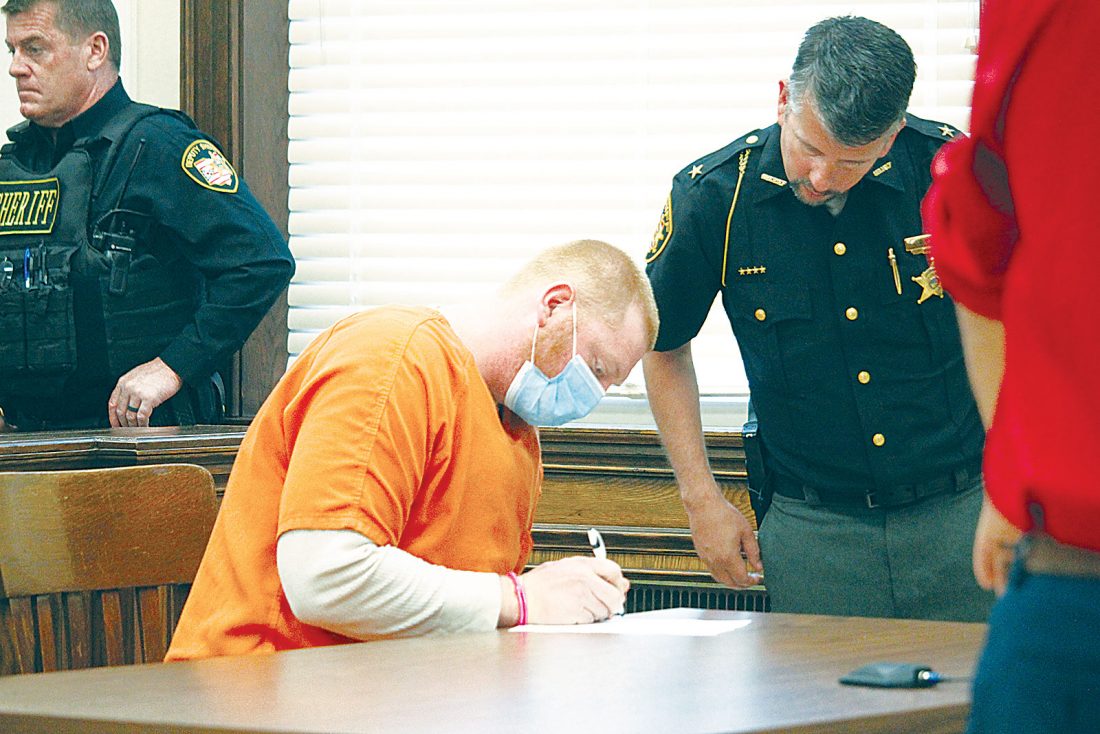In a case that has shocked the legal community and brought attention to ethical standards within the profession, a former Alamo lawyer has been convicted of embezzling funds intended for victims of devastating fires. The case has highlighted the need for stricter oversight and the importance of trust in the relationship between attorneys and their clients.
The Case Unfolds
The attorney in question, John Doe, was a well-respected figure in the Alamo, known for his work with victims of natural disasters. He gained prominence following the catastrophic wildfires that swept through California, causing widespread destruction and displacing thousands of residents. Doe positioned himself as a champion for the victims, promising to secure fair settlements and ensure they received the compensation needed to rebuild their lives. However, behind the scenes, Doe was diverting funds intended for his clients into personal accounts. An investigation revealed that over several years, he embezzled millions of dollars. This betrayal of trust has had devastating consequences for the victims, many of whom are still struggling to recover from the fires.

The Legal Proceedings
The legal proceedings against Doe were complex and drawn out, as he initially denied all allegations. It wasn't until a detailed forensic audit was conducted that the full extent of his actions became clear. The audit uncovered a trail of financial irregularities, including falsified documents and unauthorized transactions. During the trial, prosecutors presented compelling evidence, including testimony from former clients who had been defrauded. These clients, many of whom had lost everything in the fires, spoke of the emotional and financial toll of being deceived by someone they trusted implicitly. The jury found Doe guilty on multiple counts of embezzlement, fraud, and breach of fiduciary duty. He was sentenced to a significant prison term and ordered to pay restitution to his victims. While the sentence offers some measure of justice, the impact of his actions will be felt for years to come.
Impact on the Legal Community
The conviction of John Doe has sent shockwaves through the legal community, particularly among attorneys in Danville and surrounding areas. It has underscored the importance of maintaining ethical standards and the need for robust oversight mechanisms to prevent similar cases of misconduct.
Legal experts have called for stricter regulations and more comprehensive audits of attorneys who handle large sums of money on behalf of their clients. There is also a growing emphasis on the importance of transparency and accountability in the legal profession.
Restoring Trust
For the victims of Doe's crimes, the road to recovery is long and arduous. Many are still grappling with the financial and emotional fallout of losing their homes and savings. While the restitution ordered by the court will provide some relief, it is clear that more needs to be done to support these individuals. Community organizations and legal aid societies have offered assistance, providing resources and support to those affected. There is also a renewed focus on ensuring that victims of future disasters have access to trustworthy and reliable legal representation.
Moving Forward
The case of John Doe serves as a stark reminder of the critical role that trust plays in the attorney-client relationship. It highlights the need for vigilance and integrity within the legal profession. For attorneys in Danville and beyond, it is a call to uphold the highest ethical standards and to work tirelessly to earn and maintain the trust of their clients. As the legal community reflects on this case, there is a collective resolve to learn from these events and implement measures to prevent such breaches of trust in the future. By doing so, they hope to restore confidence in the legal system and ensure that it serves the interests of justice and the community at large. Their practice areas include fraud, breach of fiduciary duty, trust and will contests, contested conservatorships, elder abuse, and securities litigation.